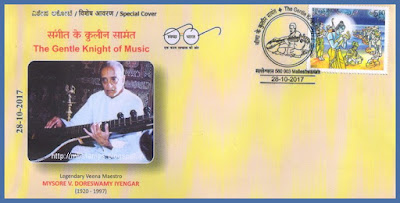Julia Roberts, born on 28 October 1967, is an acclaimed American actress known for her versatility and warmth on screen. She gained worldwide fame in 1990 with her breakout role as the charismatic Vivian Ward in Pretty Woman, which solidified her as one of Hollywood’s leading stars. Over her career, Roberts has won multiple awards, including an Academy Award for Best Actress for her portrayal of Erin Brockovich in the 2000 film of the same name.
Known for her iconic smile and approachable yet strong presence, Roberts has taken on a variety of roles across genres—from romantic comedies like Notting Hill and My Best Friend's Wedding to serious dramas like Closer and August: Osage County. Her career spans decades, and she continues to be a respected figure in Hollywood, known not only for her acting talent but also for her philanthropic work and commitment to family.









